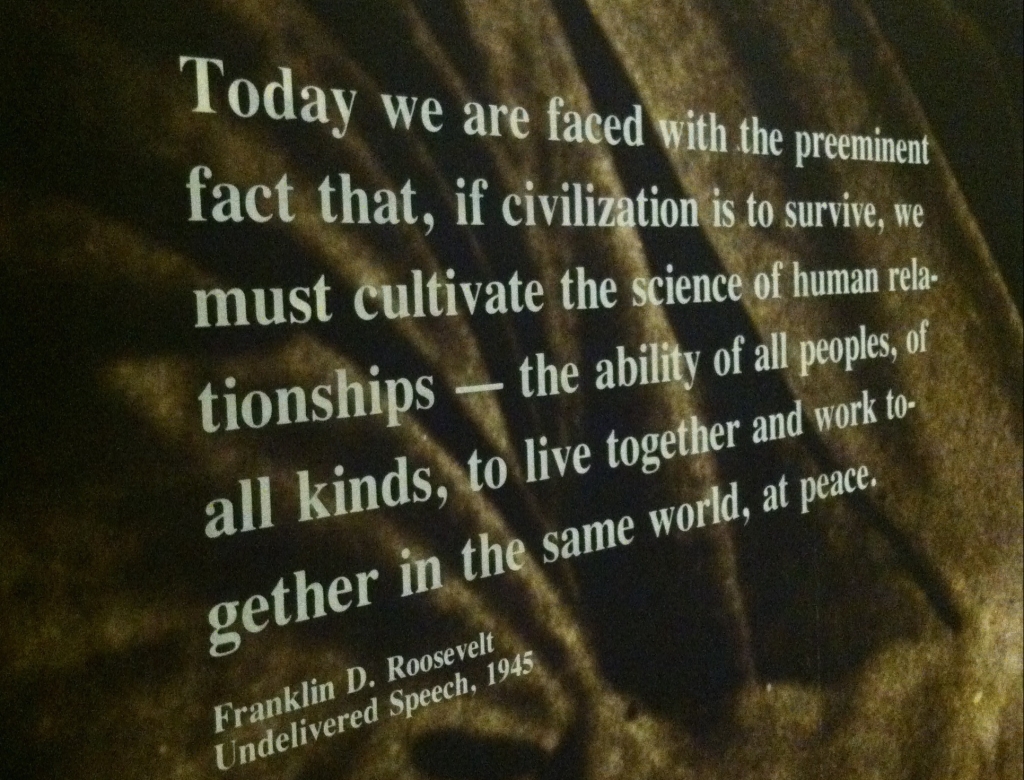“I wonder how far away the sun is from the Earth,” my daughter said one afternoon. She’s like that. She wonders about random things.
“I don’t know,” I said, pulling out my phone. “Let’s look it up.”
She smiled. Then she laughed a small laugh, as if I was missing something so obvious.
“What?” I asked, grinning. “What’s so funny?”
“Nothing,” she said.
“No, tell me.”
She shrugged.
“You’re always looking things up on your phone,” she said. “That’s all.”
“What’s wrong with that?” I asked.
“I don’t know,” she said, shrugging again. “You just are.”
* * * * *
Indeed. What’s wrong with that? What’s wrong with finding out, with knowing, with laying a concrete foundation? What’s wrong with facts and figures and measurements?
What’s wrong with answers?
* * * * *
I grew up on a small farm in central Pennsylvania surrounded by fields and animals and a stretching, blue sky. There was a church across the back country road and, beside it, a cemetery with broken-tooth headstones and hiding spaces for anyone brave enough. Behind the church, through a short expanse of woods, ran a small, winding stream where my friends and I would fish and build dams and have adventures.
If I didn’t know something, if I was confronted with an unanswerable question, I had two options: I could either search my father’s golden-bound set of Funk & Wagnall encyclopedias he had bought from a traveling salesman, or I could imagine the answer, pull it out of thin air, make it up. My world was one of endless possibilities, a world where gnomes might just be real, where miracles could happen, where the snapping turtle in the creek was the size of a large tire and would rip us to shreds if we strayed into the deep. It was a world of adventure and imagination.
You’re always looking things up on your phone, my daughter said, and for weeks I couldn’t figure out why that felt like an indictment. But the more I consider her words, the deeper the feeling burrows.
Could it be that we do ourselves no favors by having such ready access to answers? Could it be that our obsession with standardized test scores and Siri and GPS directions steals the wonder from our children’s world?
I can’t remember the last time I became truly lost. I can’t remember the last time a friend and I argued for hours about the year an album came out or wracked our brains for the name of that obscure 80s movie. These days, when such a question rises up, the answer is a few clicks away.
There is something about the quest for knowledge, and not necessarily immediate access to that knowledge, that creates a space for community, for relationship. There is something about questions, and the ensuing conversations, that bring me closer to my children. There is something about immediate knowing that closes things down.
I can’t remember the last time I didn’t have an answer.
Two of my writer friends and I are offering three of our ebooks for free over at Noisetrade. All three ebooks are about creativity, writing, or making a living doing what you love to do (or some combination of those). The compilation is called The Working Writer’s Companion, and you can download it for FREE HERE.



Crazy, my daughter and I were talking about this same issue on the way to school yesterday. She’s been struggling with vocabulary homework, and I’ve been forcing her to look words up in an actual paper dictionary rather than ask Siri, “What is the definition of ____?” I started explaining what research was like before the internet. What if, sans internet, she needed to find out what year Pennsylvania was founded? She would have to (a) call the historical society and engage in a real, live conversation with a real, live human being, or (b) use an encyclopedia, or find some library books on Pennsylvania history. In the process of searching for one fact, she would probably end up learning several others. Siri, on the other hand? I took my phone out and asked, “What year was Pennsylvania founded?” My screen responded instantly, “The year 1681.” Bam. Just like that. No need to search, to converse, to explore. All these easy answers aren’t doing us as many favors as we think.
YES!
I got to your last sentence and said to myself, “I can!” Every day, I feel like if I could just know if certain theological things are true or not, then I’d feel so much more comfortable in my Christian walk. But maybe that’s the point. I need to just trust Him with the answers I can’t find?
Great insight, Shawn. This reminds me so much of Prov. 25:2: It is the glory of God to conceal a matter; to search out a matter is the glory of kings.